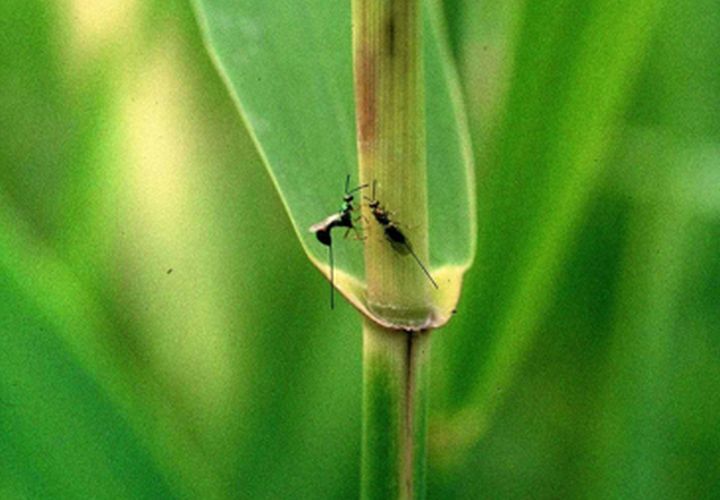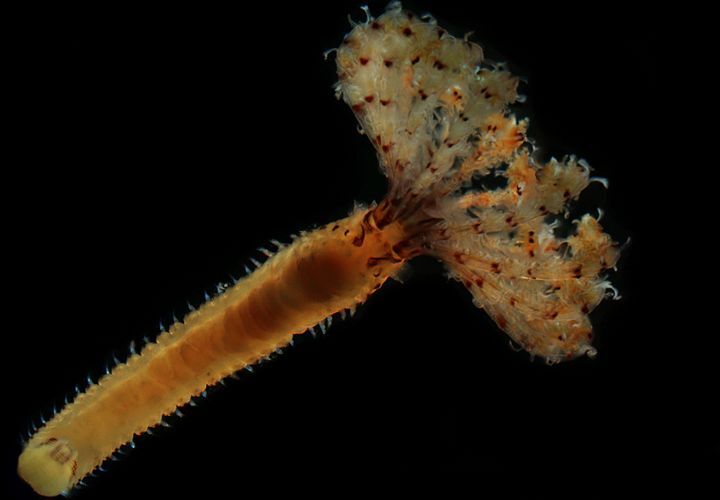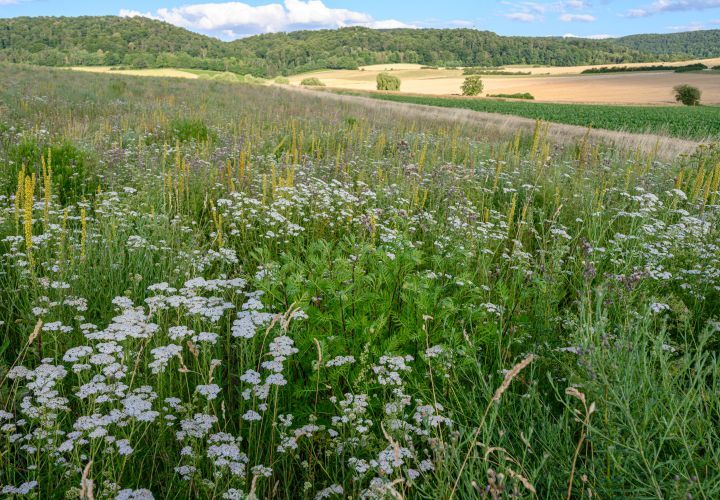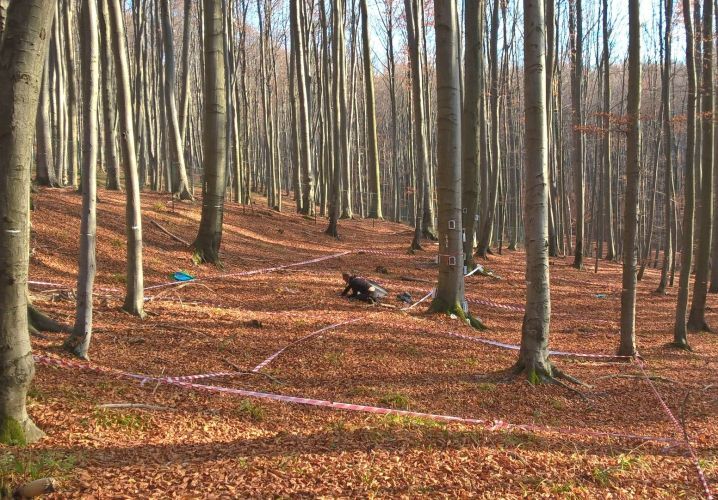News
Hidden insect diversity in grass shoots threatened by mowing

When it comes to biodiversity, it's easy to focus on just large-scale patterns. This overlooks a hidden but precious diversity: small, inconspicuous wasps, midges, flies, beetles and other insects that live in plants. These tiny creatures are actually very common.The researchers studied insects in over 23,000 shoots of grass. They found 255 species of insects.This means areas in grassland should not be mown for several years: stable insect populations need undisturbed refuges with intact shoots of grass. more…
Treasure trove of data on worms in Europe's seas

Species are disappearing at an alarming rate worldwide. Little-studied groups, including many marine worms, are particularly affected. In fact, species are threatened with extinction before they have even been scientifically described! Researchers are building a comprehensive dataset on European “marine annelids” – segmented sea worms – and plan to make it openly accessible for international research. more…
Restoring the web of life in farmland

Dr Elena Velado-Alonso at the University of Göttingen has been awarded a Marie Skłodowska-Curie Actions (MSCA) Postdoctoral Fellowship. The new project will investigate how environmental schemes can better sustain the web of life in farmland: pollinator communities and the interactions that underpin plant reproduction and crop yields. The project, called METAGROLAND, will develop tools to guide the design of more effective, large-scale schemes and build more resilient agricultural ecosystems. more…
Forest soils increasingly extract methane from atmosphere

Forest soils have an important role in protecting our climate: they remove large quantities of methane – a powerful greenhouse gas – from our atmosphere. Researchers evaluated the world's most comprehensive data set on methane uptake by forest soils. Based on measurements taken at 13 forest plots in south-western Germany over periods of up to 24 years, they discovered that under certain climate conditions, their capacity to absorb methane actually increases. more…
All press releases
Further news
GCMS update on Wednesday from 10:00 to 12:00 noon
On Wednesday, 25 February 2026, we will be carrying out urgently needed updates to the GCMS. There may be brief interruptions to the website between 10:00 and 12:00 noon. To minimise data loss, we will be blocking the GCMS editing function from around 8:00. Please finish all work on the system beforehand. If you encounter any problems or have any questions, please contact webmaster@uni-goettingen.de. more…
Shortened opening hours at the Central Library from Saturday, 7 February 2026
From Saturday, 7 February 2026, the Central Library will close at 18:00. Because of the failure of the emergency lighting, the escape routes are not adequately lit after dark and the safety of users cannot be guaranteed. The repairs are expected to be completed in about two weeks. Alternative study locations are available in the divisional libraries, the LSG and the Verfügungsgebäude (VG). more…

